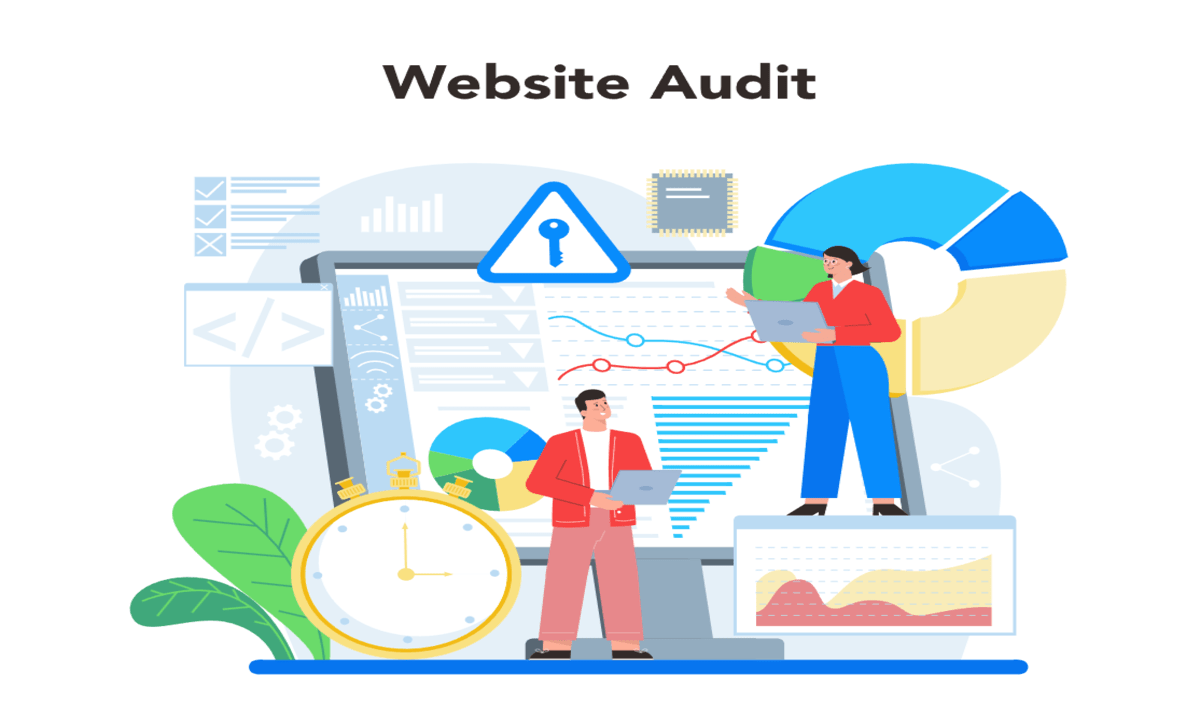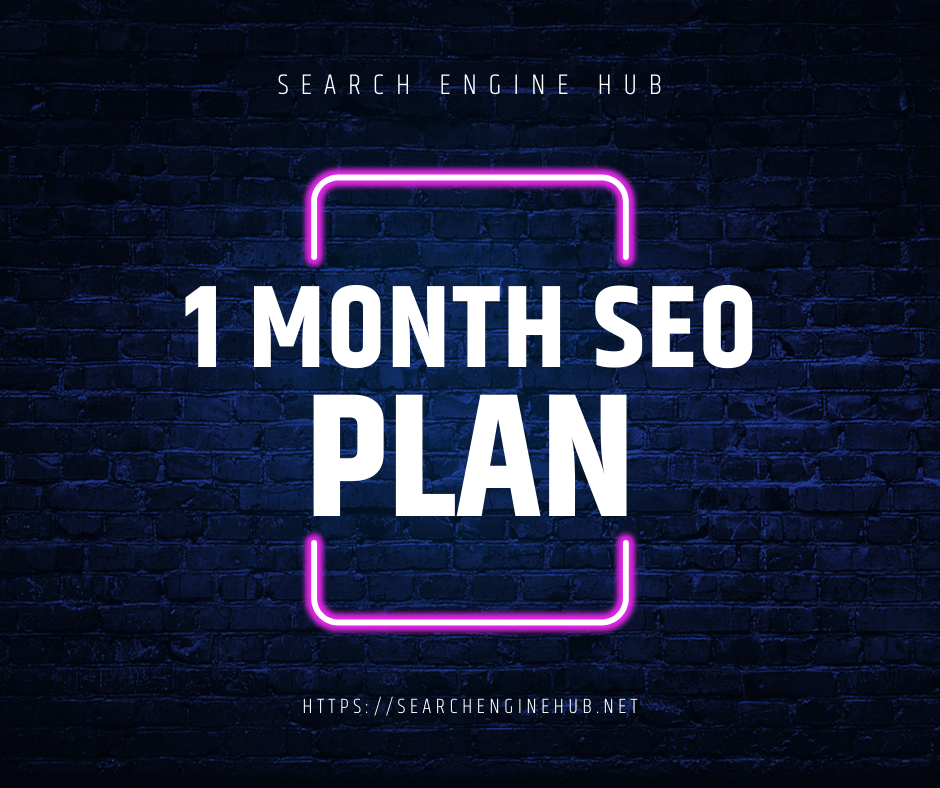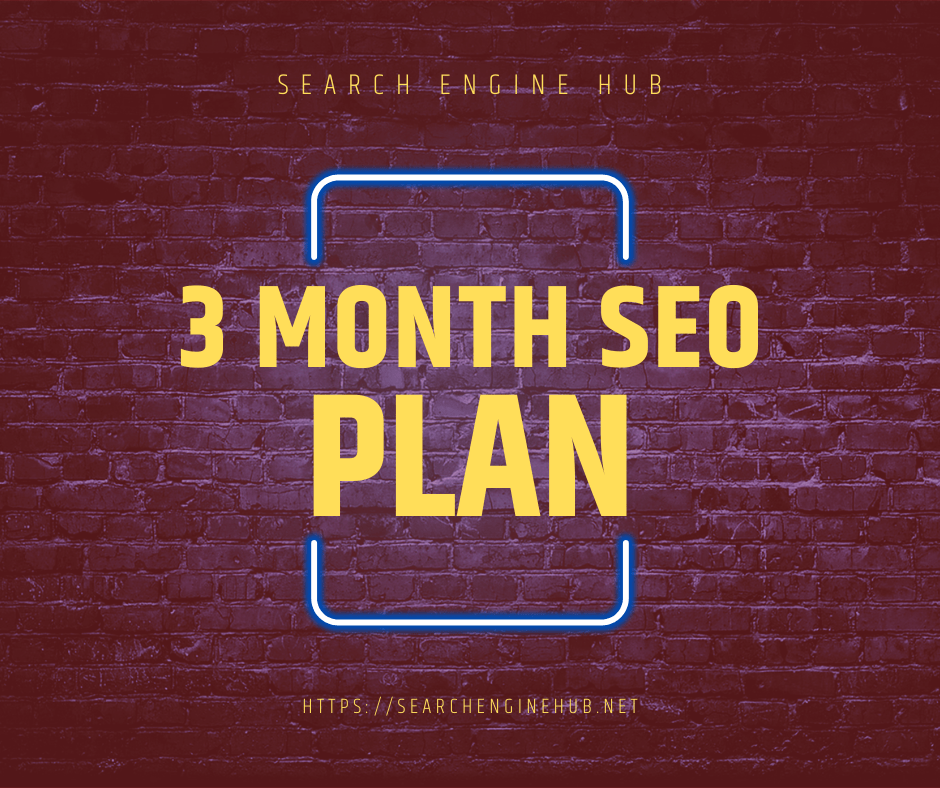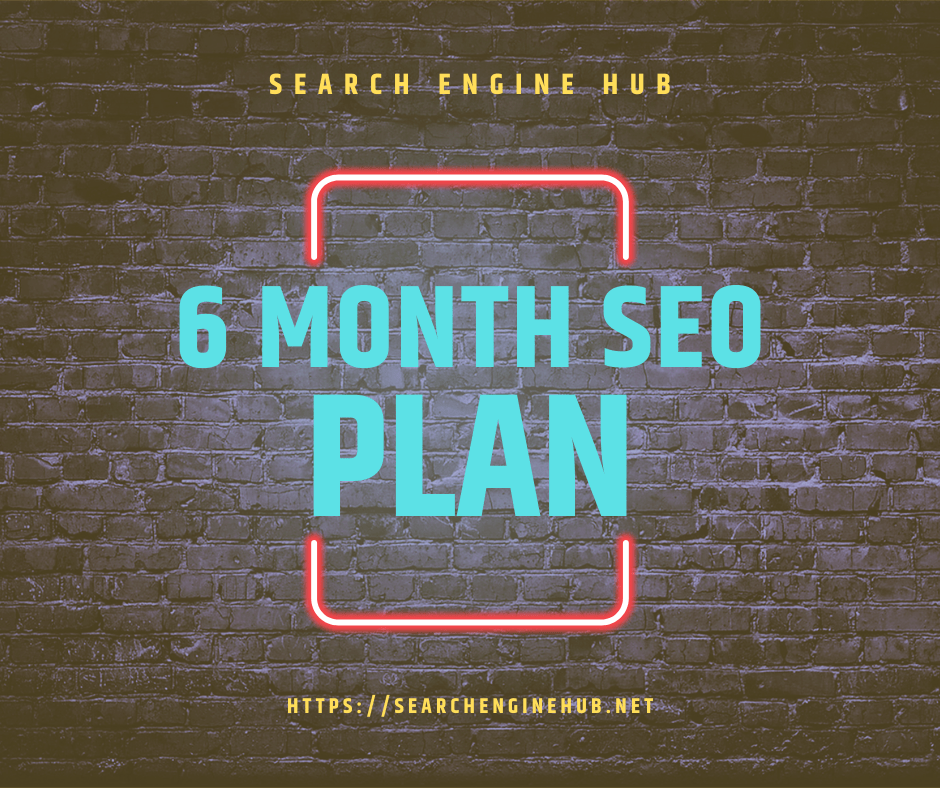Hey there! If you’ve got an app, you probably know how crucial it is for people to find it. That’s where keywords come into play. Think of them as your app’s best friends, helping others discover it in the crowded app store.
In this article, you will learn the importance of keyword research for apps to ensure people can find your app easily.
Why Do Keywords Matter?
Okay, let’s start with the basics. Keywords are those words and phrases people type into the app store when looking for something. Imagine you’ve got a recipe app. If someone types “easy dinner recipes,” you want your app to pop up.
But here’s the thing – if you don’t use the right keywords, it’s like having a conversation in a language no one understands. Your app might be fantastic, but if people can’t find it, they won’t know!
What's SEO, and How Does it Affect My App?
SEO might sound like a complex term, but it’s not that complicated. SEO stands for Search Engine Optimization, and for apps, it’s about making sure your app shows up when someone searches for related stuff. It’s like making your app easy to find in the app store.
Think of it like you’ve just opened a new pizza store in your area. You’d want people searching for “delicious pizza near me” to find your store, right? That’s exactly what SEO does for your app – it makes sure it’s on the map!
Why is keyword research important in seo
Keyword research is crucial in SEO for several reasons:
- Relevance to User Intent:
- Understanding the keywords users are searching for helps ensure that your content aligns with their intent. It allows you to create content that directly addresses the needs and queries of your target audience.
- Improved Visibility:
- By optimizing your content for relevant keywords, search engines can better understand and index your pages. This, in turn, improves the chances of your content appearing in search engine results pages (SERPs) when users search for related topics.
- Targeted Traffic:
- Effective keyword research helps attract the right audience to your website. By targeting specific keywords related to your business or content, you’re more likely to attract visitors genuinely interested in what you offer.
- Competitive Advantage:
- Analyzing keywords allows you to understand what terms your competitors are targeting. This insight helps you identify opportunities to differentiate your content and strategy, potentially giving you a competitive edge.
- Content Planning and Creation:
- Keyword research guides your content creation efforts. It helps you identify the topics and themes your audience is interested in, allowing you to create valuable and relevant content that resonates with your target demographic.
- Optimizing for Long-Tail Keywords:
- Beyond broad terms, keyword research helps identify long-tail keywords – specific phrases that users often search for. These can be valuable for capturing niche audiences and addressing highly specific queries.
- Understanding User Behavior:
- Examining the keywords people use provides insights into their behavior and preferences. This understanding can inform not only your content strategy but also your overall marketing approach.
- Enhanced User Experience:
- Optimizing for relevant keywords often leads to improved content structure and organization. This contributes to a better user experience, making it easier for visitors to find the information they’re looking for on your website.
Keyword research is a foundational element of SEO that facilitates better content creation, and a more effective overall app visibility. It’s a strategic approach to connecting your content with the right audience.
You may also want to read on How to find the best keywords for your industry
Tools That Won't Make Your Head Spin
You don’t have to be a computer expert to find keywords. There are easy-to-use tools available. One I really like is Data Ai, which used to be called AppAnnie. It’s like having a friendly assistant that gives you keyword suggestions without any confusion.
Let me share a quick story. A friend of mine started a fitness app. She wasn’t a tech expert, but with a simple keyword research tool, she found keywords like “home workouts” and “quick exercises.” Her app started getting more downloads, just because she used the right keywords. Easy, right?

What Do People Really Want?
Understanding what people are looking for is key. If your app helps them find easy dinner recipes, focus on keywords like “quick meals” or “simple recipes.” It’s like speaking their language.
Let me give you another example. Imagine you’re looking for a weather app. You might search for “weather forecast” instead of “meteorological updates.” See what I mean? Keep it simple and relatable.
The Magic of Descriptive Keywords
Picture this: you’re looking for a fitness app, and one says, “Get Fit Fast” while another says, “Personalized Home Workouts.” The second one gives a clearer picture, right? That’s the power of descriptive keywords – they tell users exactly what to expect.
Let me share a personal story. I was searching for a meditation app, and one caught my eye because it said “Stress-Free 5-Minute Meditations.” It was specific and appealed to what I needed. Descriptive keywords can make your app stand out in the app store.
Why Stuffing Is a No-No
Now, here’s something to watch out for: keyword stuffing. It’s a bit like trying to squeeze too many clothes into a suitcase – it just doesn’t work well. Make sure your app description reads smoothly, with keywords added in like a sprinkle of seasoning, not too much.
Remember, users are smart. If your description feels forced, they might lose interest. It’s like having a conversation with someone who keeps repeating the same phrase – not very enjoyable.
Keeping Up with the Trends
Imagine you’re in a conversation, and everyone’s talking about a new movie. You want to join in, right? Same with apps. Stay updated on what’s trending – maybe there’s a new keyword everyone’s using.
Let me tell you a little secret. A friend of mine added the word “sustainable” to her gardening app after it became a hot topic. Suddenly, more people were discovering her app because it aligned with what’s trending. Stay in the loop, and your app will thank you for it.
What Users Say Matters
Feedback from users is gold. If they say they love your app for easy dinner recipes, use that in your keywords. It’s like having your customers advertise for you.
Imagine you run a pet care app, and someone leaves a review saying, “Best app for dog grooming tips.” Bingo! Use “dog grooming tips” as a keyword, and you’re speaking directly to what users love about your app.
Conclusion
Alright, here it is – a helpful guide to finding keywords for your app. Just remember, the goal is to make your app easy to find without getting too technical. Stay friendly, stay on point, and see your app stand out in the app store!
By following these simple steps, you’re not just finding keywords – you’re connecting with your audience. And in the app market, that’s the real secret sauce. Happy keyword hunting!






